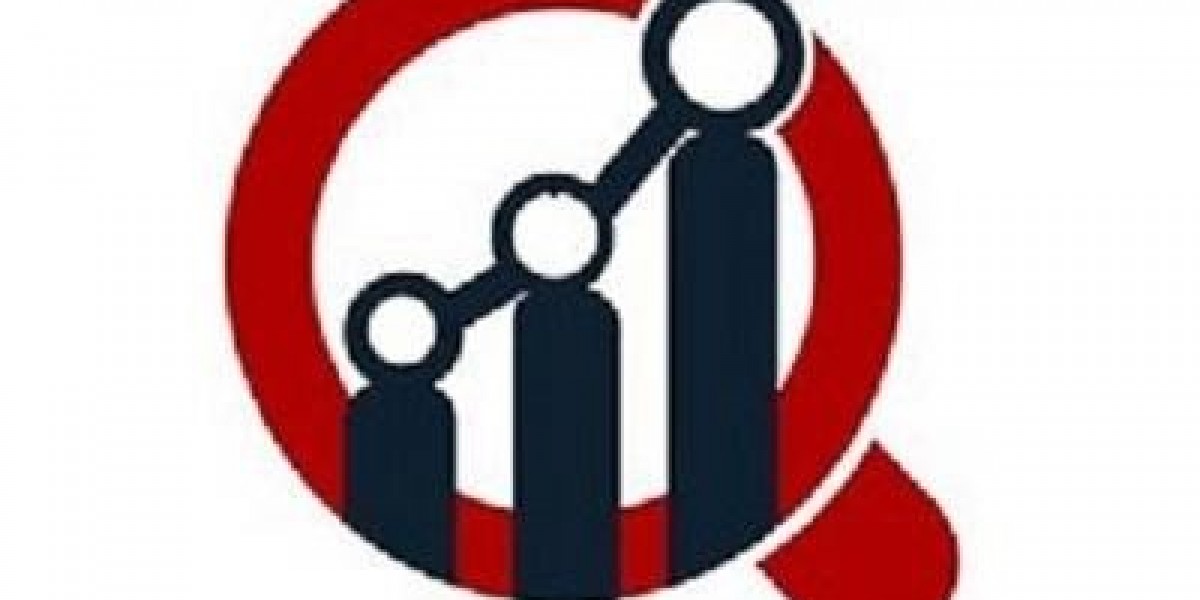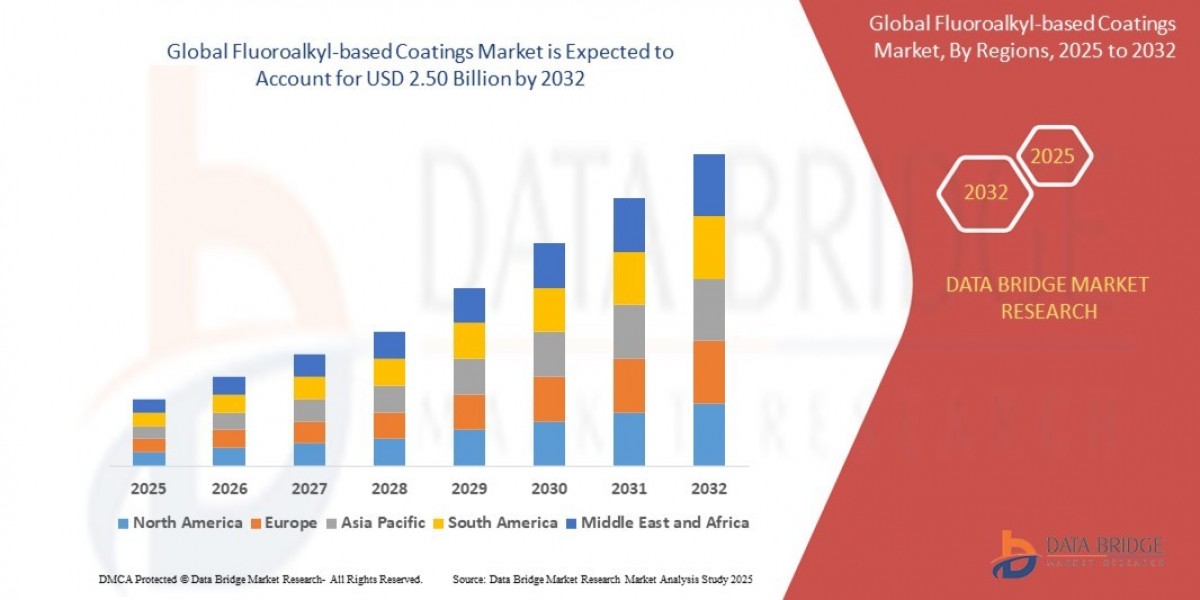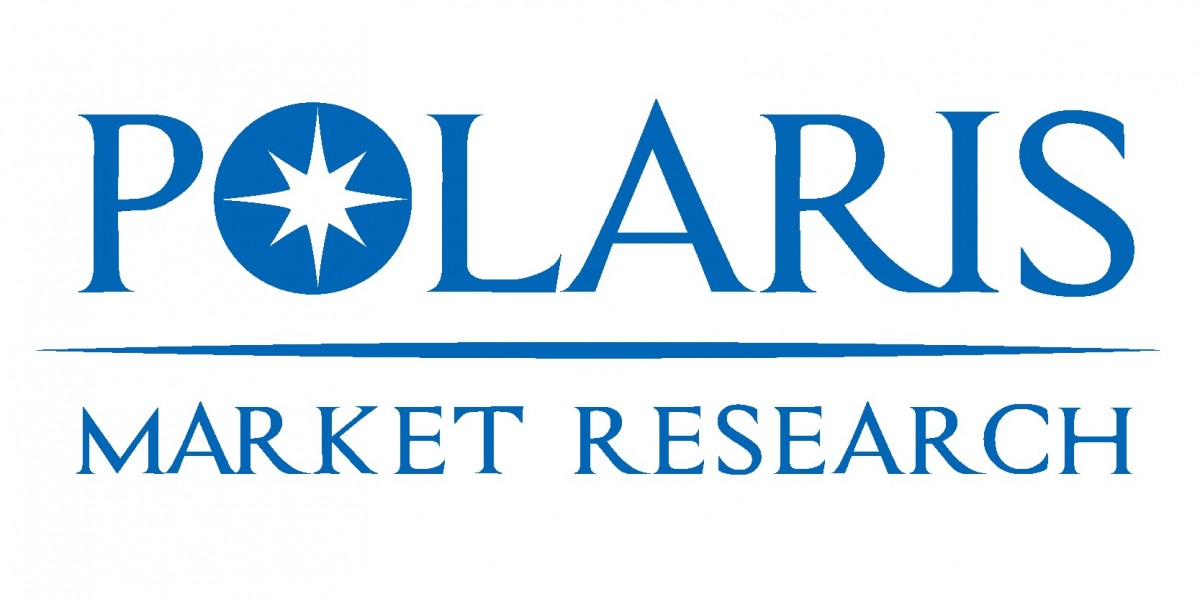Automotive Carpet Market Share
The Automotive Carpet Market Share is divided among leading suppliers, regional converters, and OEM-integrated units. Players that offer high-quality materials, design flexibility, sustainable solutions, and efficient manufacturing tend to capture greater share. Strong relationships with automakers and supply chain reliability are key factors in maintaining market share.
The global automotive carpet market, a critical slice of the multi-billion-dollar automotive interiors pie, is a competitive landscape dominated by a select group of highly specialized Tier-1 suppliers. Automotive Carpet Market Share, the percentage of total sales controlled by a company, reveals a concentrated market where leadership is built on a foundation of material science expertise, massive manufacturing scale, and deep, long-standing relationships with the world's largest automakers. As of 2025, a few key players have woven themselves into the very fabric of the industry, commanding the lion's share of the market.
The Global Leaders
The market share for OEM automotive carpets is not fragmented. It is led by a few global giants who have the capability to deliver millions of high-quality, precisely molded carpets to assembly lines across the world.
Autoneum: Headquartered in Switzerland, Autoneum is a pure-play specialist in acoustic and thermal management for vehicles. They are widely regarded as the global market share leader in automotive carpets and underbody systems. Their competitive advantage is their deep scientific expertise in Noise, Vibration, and Harshness (NVH) reduction. Automakers partner with them to engineer a complete flooring and acoustic solution, not just a simple carpet.
Adient: Formed as a spin-off from Johnson Controls, Adient is a titan in the interiors space. While seating is their largest business, they also hold a very significant market share in interior components, including automotive carpets.
Lear Corporation: Similar to Adient, Lear is a global leader in automotive seating and E-Systems, and their interiors division also commands a notable share of the market for flooring and other soft-trim components.
Grupo Antolin and Faurecia: These major European suppliers are also key players, holding significant market share, particularly with European automakers.
Together, these top-tier suppliers account for a very large portion of the total OEM market.
How Market Share is Won
Securing a leading market share in this industry is a long-term game built on several key strengths:
NVH Expertise: The ability to engineer a carpet system that meets a specific acoustic performance target is a huge competitive advantage. The leaders are not just textile companies; they are acoustic engineering firms.
Global Manufacturing Footprint: To win a contract for a global vehicle platform, a supplier must have manufacturing plants in North America, Europe, and Asia. This global presence is a massive barrier to entry.
Material Innovation: Leaders invest heavily in R&D to develop lighter, more sustainable, and more acoustically effective materials, offering automakers a competitive edge.
Cost and Quality: Ultimately, the ability to produce millions of parts with flawless quality, perfect fit, and at a competitive price is what secures and retains large OEM contracts.
Frequently Asked Questions (FAQ)
Q1: Which company has the largest market share in automotive carpets? A1: Autoneum, a Swiss-based company that specializes in automotive acoustic and thermal management, is widely recognized as the global market share leader in the OEM automotive carpet and flooring systems market.
Q2: Is the market share concentrated or fragmented? A2: The OEM market is highly concentrated. A small number of large, global Tier-1 suppliers, including Autoneum, Adient, and Lear, control the vast majority of the market share.
Q3: How do these companies compete for market share? A3: They compete primarily on their technical expertise in noise reduction (NVH), their ability to innovate with new lightweight and sustainable materials, their global manufacturing presence, and their long-term relationships with major automakers.
More Related Report
New Energy Vehicle (NEV) Taxi Market Size








